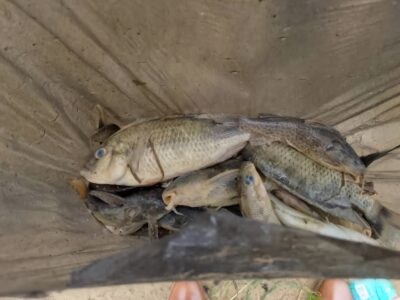The Catholic Bishops have called on the G7, G20, the International Monetary Fund (IMF) and the World Bank to increase concessional financing for climate action and urgent liquidity needs in African countries.
The Bishop in the east African region grouping called Association of Member Episcopal Conferences of Eastern Africa (AMECEA) said the increase in extreme weather events such as droughts and floods are causing enormous damage to infrastructure, agriculture, and natural resources.
The Catholic Bishops from Zambia, Malawi, Uganda, Kenya, Ethiopia, Sudan, South Sudan, Tanzania and Eretria have added that the development is leading to shrinking financial resources.
AMECEA president Bishop, Charles Kasonde, who is also Bishop of the Catholic Diocese of Solwezi said governments in Africa are now borrowing more to address the people’s immediate needs.
He said this is forcing African governments to borrow more money to address the immediate needs of their populations, such as providing food, shelter, and medical care in the aftermath of natural disasters.
“Rich countries can use their excess special drawing rights and other financial resources to help poorer nations combat the impacts of climate change without leaving them indebted which he said is doable and the time to act is now,” Kasonde said.
He said climate change is having devastating effects on Africa with climate-vulnerable countries on the continent bearing the brunt of climate change even though they did not contribute as much as the industrialized countries have.
Read More: alternative livelihood critical in mitigating climate change-Minister Nzovu
Kasonde has noted that many African countries are burdened with heavy debts, which limit their capacity to respond to the harsh impacts of climate change and to invest in renewable energy and other climate-friendly initiatives.
He said that debt repayment often takes priority over environmental conservation, leading to deforestation and other environmentally damaging practices.
“Many African countries are burdened with heavy debts, which limit their capacity to respond to the harsh impacts of climate change and to invest in renewable energy and other climate-friendly initiatives,” he said.
WARNING! All rights reserved. This material, and other digital content on this website, may not be reproduced, published, broadcast, rewritten or redistributed in whole or in part without prior express permission from ZAMBIA MONITOR.












Comments